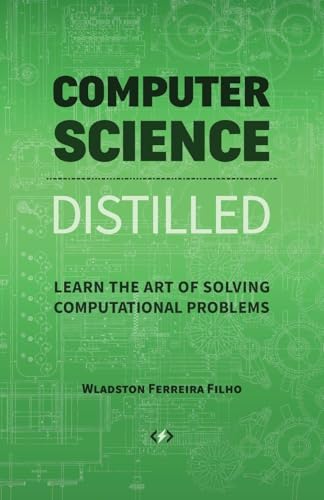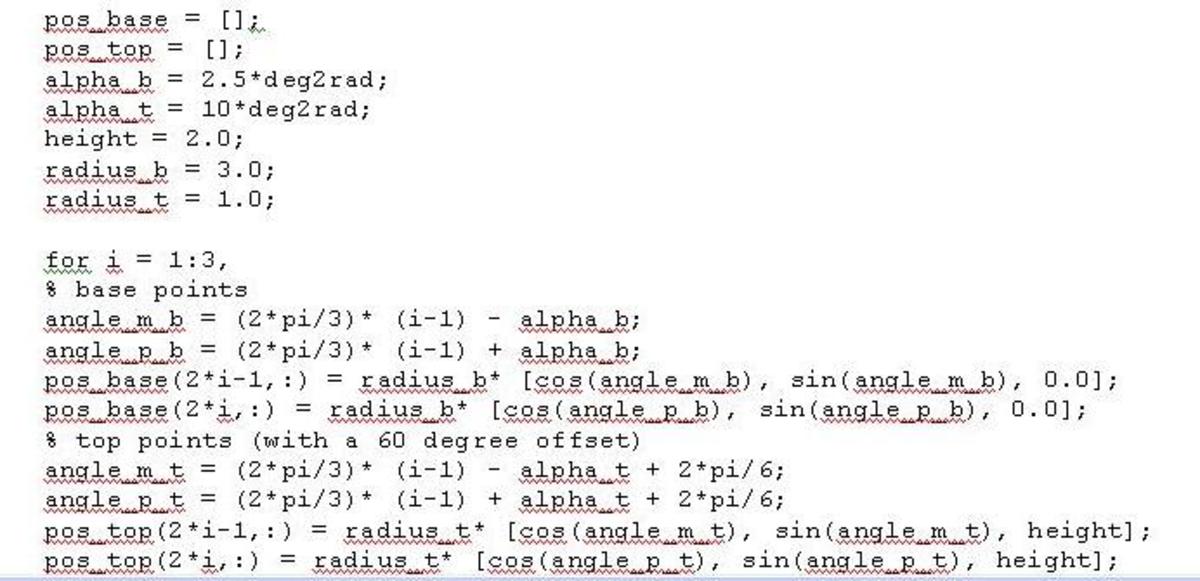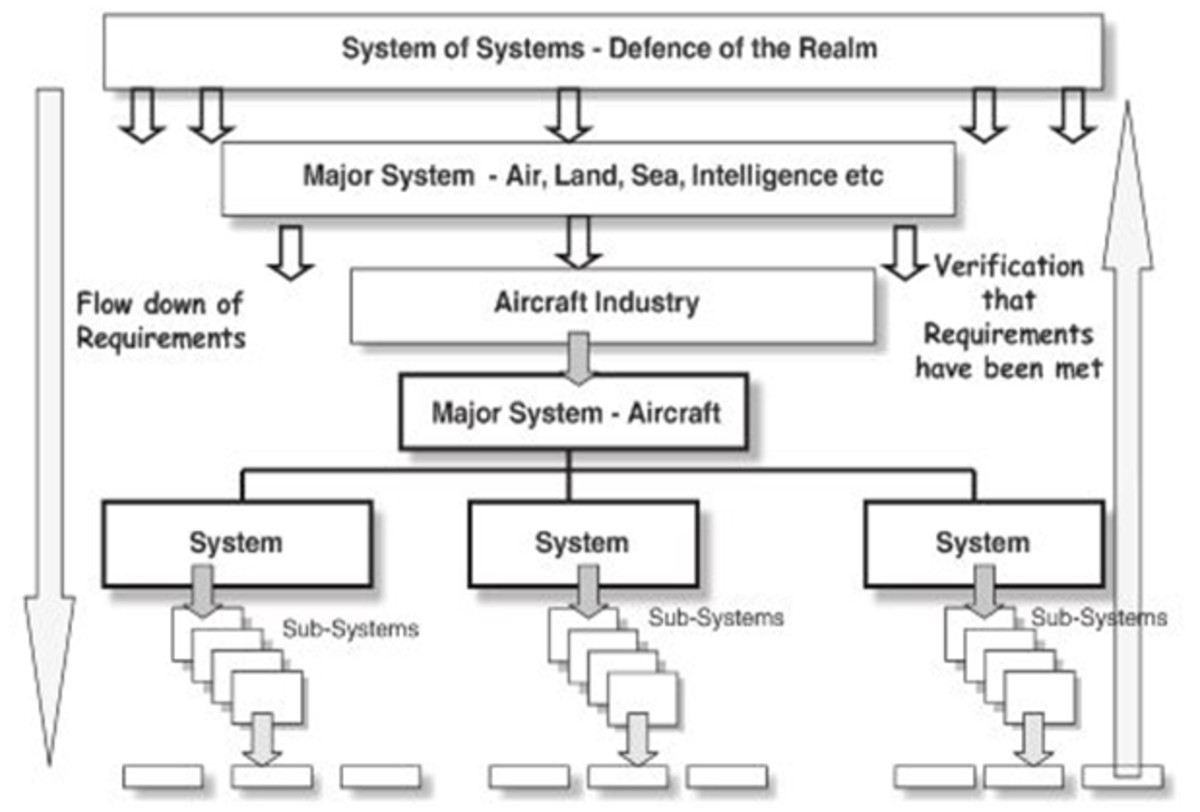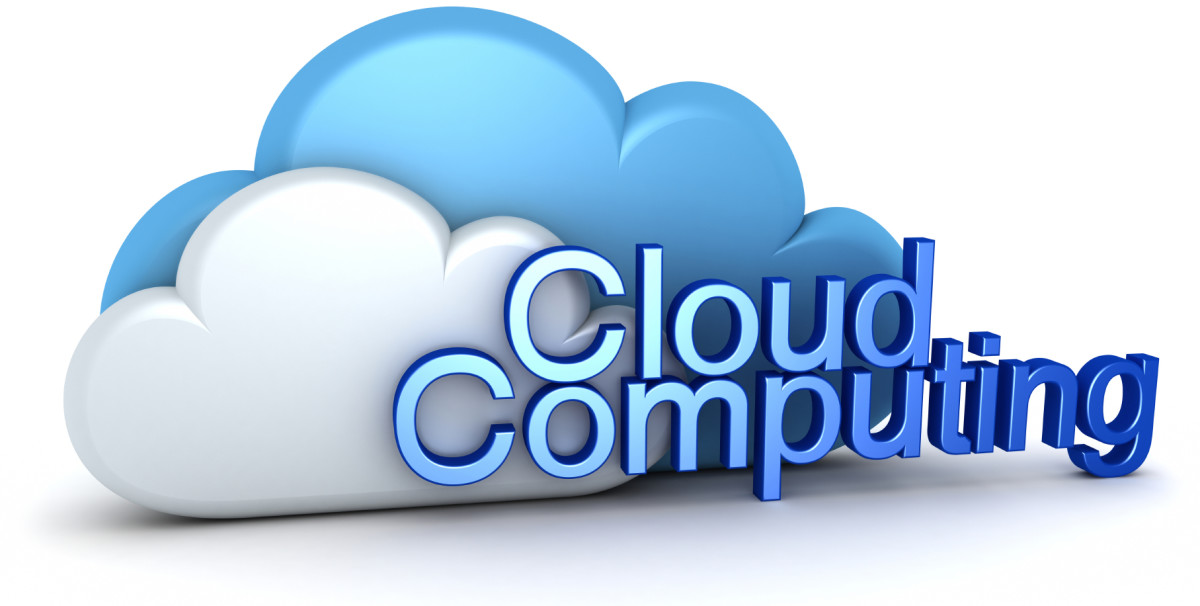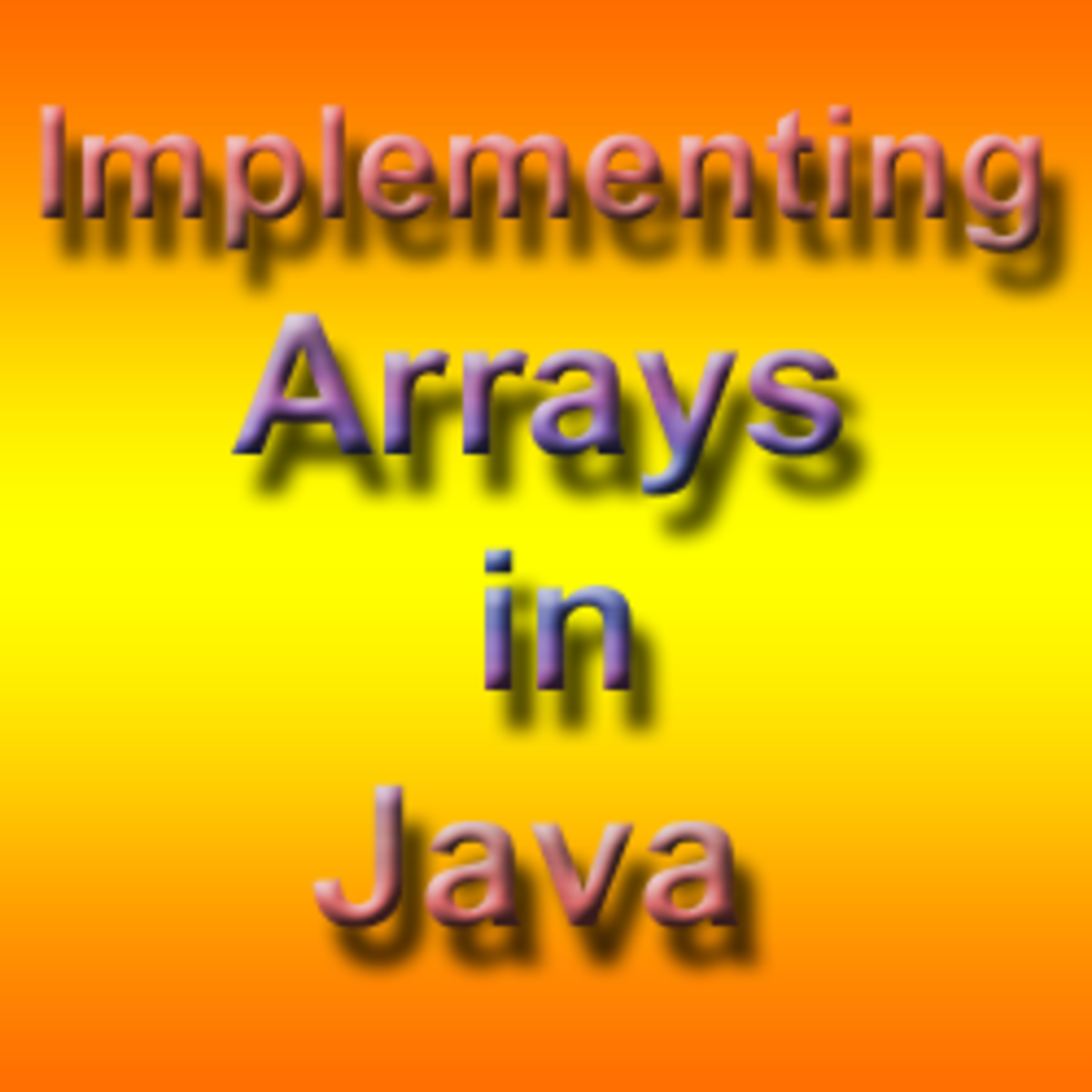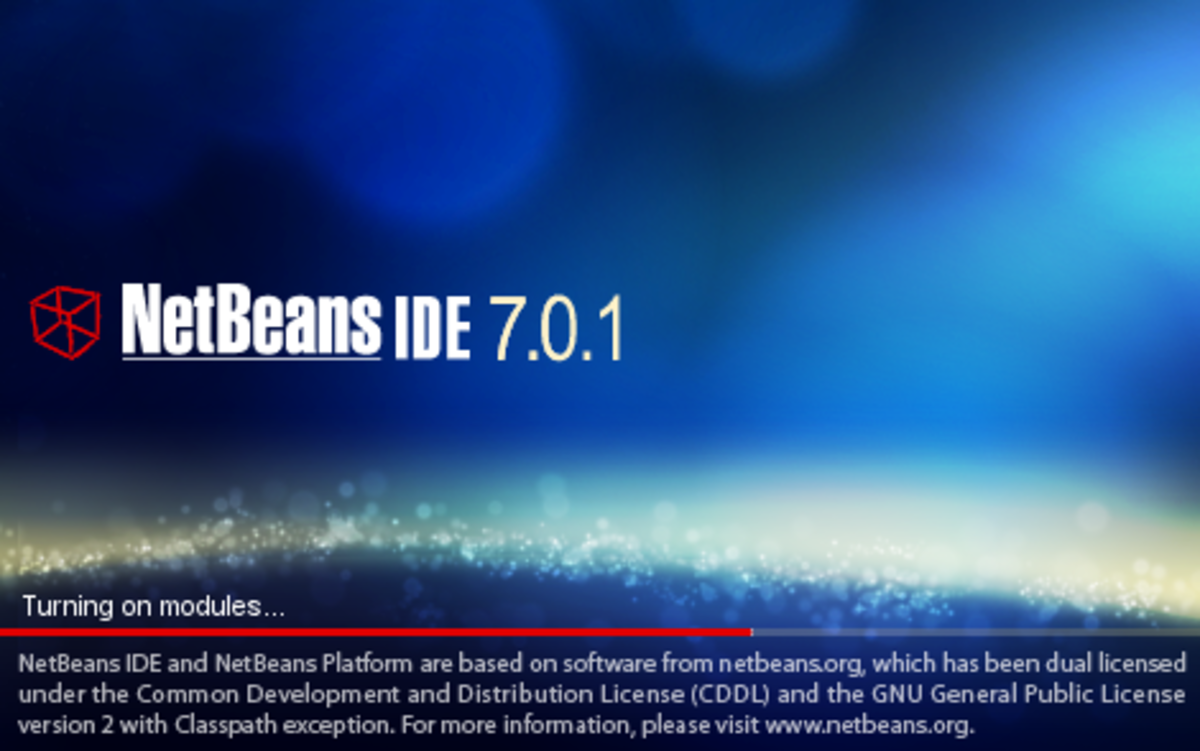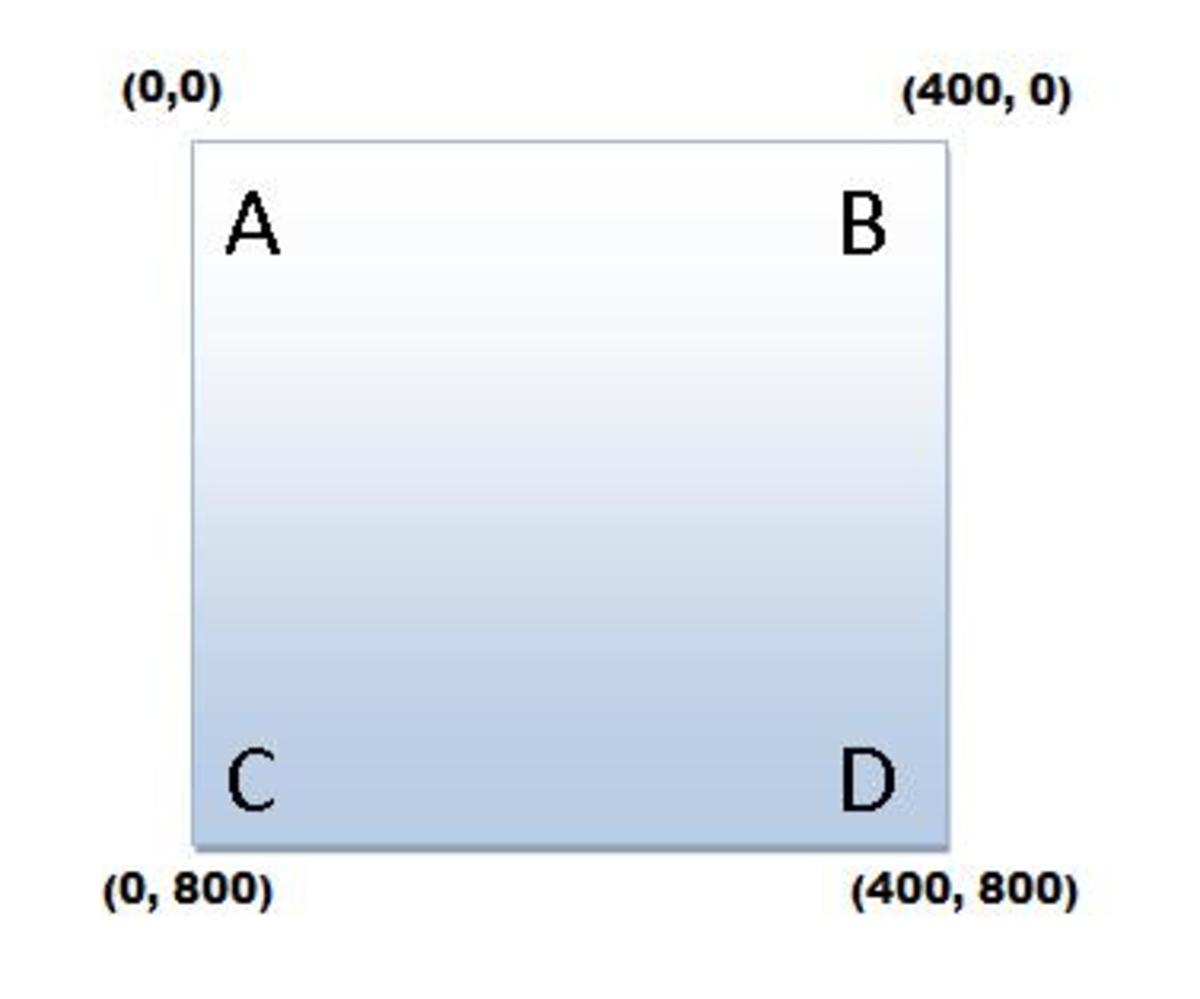Computer Engineering VS Computer Science

Differences?
Certainly there are differences between both.. but you are asking your self computer engineering vs computer science as in career wise? Salary wise? Studies wise? Curiosity? Lets compare the differences on both to it's best, and try to give you the best ideas so you can make up your decisions or simply get that curiosity settled, while understanding both subjects to its best.
We need to understand what do they mean, and what do they study, so lets make this short.
Computer Engineering (CE)
Computer Enginnering, which is also know as computer systems engineering, is a subject that studies areas of electrical engineering and also the computer science required to develop computer systems. Normally computer engineers usually go through training in electronic engineering, software design, including hardware-software integration as well, instead of only software engineering or electronic engineering. Mostly these engineers are heavily involved in the aspects of hardware and software of computing, this goes deep towards the design of individual microprocessors, pc's also know as personal computers, and also the super machines, but does not leave out circuit design.

Computer Science (CS)
Computer Science also know as computing science, is the theory that studies the foundations of information and computation, and certainly of practical techniques for their management and usage in computer systems. Also normally describes the theoretic study applied towards the algorithmic processes which creates, describes and transforms information. Computer science involves many fields such as computer graphics, properties of computational problems and others.

Computer Engineering vs Computer Science (Salary)
I am pretty sure that before you even got here you already had an Idea of which one is which or what one studies differently from the other. We went through a basic description of both, but now lets take the time to compare according to the best sources what are the salary basis for each, which one pays better in one area and which one doesn't.
Computer Engineering vs Computer Science (Salary)
Lets start with Computer Engineering:
We are going to compare the field of someone majored in computer engineering working in the position of a Systems Engineer (Computer Networking / IT)
So the base salary is:
Employer Type - Salary Base
Company
$50,120 - $76,737
Government - Federal
$55,793 - $80,170
Private Practice/Firm
$47,849 - $71,113
Contract
$54,162 - $82,921
Other Organization
$49,519 - $73,552
Government - State & Local
$50,890 - $75,305
Hospital
$54,377 - $79,769
Non-Profit Organization
$50,629 - $71,474
College / University
$49,515 - $67,155
School / School District
$41,312 - $65,231
Self-Employed
$48,387 - $79,108
Foundation / Trust
$50,372 - $76,744
Franchise
$47,126 - $71,216
Country: United States | Currency: USD | Updated: 19 Jan 2011 | Individuals Reporting: 3,009
Source: www.payscale.com

Computer Science Salary
These results were also given by payscale, but were more solid instead of giving a range, look and compare. With these you can have a good comparison between the salaries of both fields of work. By know you already know the difference between the specifics of what one Engineering studies then what Science does. Now the final comparison by salary is as follows
Employer Type - Salary Base
Company
$73,762
Private Practice/Firm
$66,105
College / University
$52,172
Government - Federal
$67,702
Government - State & Local
$61,643
Non-Profit Organization
$59,505
Contract
$63,392
Other Organization
$70,221
Hospital
$69,879
School / School District
$47,217
Self-Employed
$50,000
Foundation / Trust
$81,000
Team
$50,000
Franchise
$50,400
Country: United States | Currency: USD | Updated: 27 Jan 2011 | Individuals Reporting: 4,155
Source: PayScale
Complete Curriculums :
After you do the reading that you need, and comparing what you most likely wanted to compare, the final decision will be totally yours.
Lets take a look at Computer Engineering vs Computer Science course curriculum
Complete Curriculum of Computer Engineering:
First semester: 16 credits
4
MTH 141
Introductory Calculus with Analytic Geometry
3CHM 101
General Chemistry Lecture I
1CHM 102
Laboratory for Chemistry 101
3PHY 203
Elementary Physics I
1PHY 273
Elementary Physics Laboratory I
1EGR 105
Foundations of Engineering I
3
General Education Requirement
Second semester: 16 credits
2
ELE 208
Introduction to Computing Systems
1ELE 209
Introduction to Computing Systems Lab
4MTH 142
Intermediate Calculus with Analytic Geometry
3PHY 204
Elementary Physics II
1PHY 274
Elementary Physics Laboratory II
3ECN 201
Principles of Economics: Microeconomics
2EGR 106
Foundations of Engineering II
Sophomore Year
First semester: 17 credits
3
ELE 201
Digital Circuits Design
1ELE 202
Digital Circuits Design Laboratory
3MTH 362
Advanced Engineering Mathematics I
4CSC 211
Introductory Programming and Design
6
General Education Requirements
Second semester: 15 credits
3
ELE 212
Linear Circuit Theory
2ELE 215
Linear Circuit Laboratory
3MTH 243
Calculus for Functions of Several Variables
4CSC 212
Data Structures and Abstractions
3
General Education Requirement
Junior Year(show prerequisites)
First semester: 16 credits
3
ELE 305
Introduction to Computer Architecture
3ELE 313
Linear Systems
3ELE 338
Electronics I
1ELE 339
Electronics I Laboratory
3MTH 447
Discrete Mathematical Structures
3
General Education Requirement
Second semester: 16-17 credits
3
ELE 301
Electronic Design Automation
1ELE 302
Electronic Design Automation Laboratory
3MTH 451
Introduction to Probability and Statistics
3-4
Computer Engineering Elective
6
General Education Requirements
Senior Year(show prerequisites)
Total credits for two semesters: 27-29
1
ELE 400
Introduction to Professional Practice
3ELE 405
Digital Computer Design
1ELE 406
Digital Computer Design Lab
3ELE 408
Computer Organization
1ELE 409
Computer Organization Laboratory
3ELE 437
Computer Communications
3ELE 480
Capstone Design I
3ELE 481
Capstone Design II
6-8
Computer Engineering Electives
3
Free Elective (any course)
Computer Engineering Electives (9-12 credits)Three courses chosen from the following list along with any associated laboratory:
Courses(show prerequisites)
BME 464 / 465
Medical Imaging
Any ELE 300- to 400-level course not otherwise required by the major
Any ELE 500-level course with prior approval
CSC 301
Fundamentals of Programming Languages
CSC 305
Software Engineering
CSC 402
Compiler Design
CSC 406
Computer Graphics
CSC 412
Operating Systems and Networks
CSC 415
Introduction to Parallel Computing
CSC 436
Database Management Systems
CSC 481
Artificial Intelligence
CSC 485
Computer Forensics
CSC 486
Network Forensics
Sources are from the http://www.ele.uri.edu (University Of Rhode Island)
Computer Science Complete Curriculum
Course Description
CS111 Introduction to Computers with Software Applications
CS112 Introduction to Computer Science
CS116 The Internet and the World Wide Web
CS118 Computers, Robots and Minds: Introduction to Intelligent Computing
CS120 Topics in Introductory Computer Science
CS201 Computer Science I
CS202 Computer Science II
CS220 Current Topics in Computer Science
CS295 Discrete Structures
CS301 Data Structures and Algorithms I
CS302 Data Structures and Algorithms II
CS371 Computer Engineering I
CS420 Computer Science Research
CS451 Programming Languages
CS455 Graphical User Interface Design and Implementation
CS456 Web Programming
CS457 Introduction to Computer Networks
CS462 Algorithm Analysis
CS464 Object-Oriented Analysis and Design
CS466 Operating Systems
CS478 Theory of Computation
CS479 Topics in Computer Engineering
CS482 Software Engineering
CS483 Software Testing
CS484 Artificial Intelligence
CS485 Database Management Systems
CS486 Computer Graphics
CS489 Topics in Computer Science
CS496 Computer Science Project I
CS497 Computer Science Project II
Source from: Layola University of Maryland www.layola.edu
In the End of Computer Engineering vs Computer Science
Well by now I have tried to share the best information to help you understand what will most suit you needs, desires and expectations. It is up to you now to make your final decision.
Please Leave your comments suggestions, and if you found this information to be useful Rate it up :D
So which one are you going for or like the most? Computer Engineering or Computer Science?


